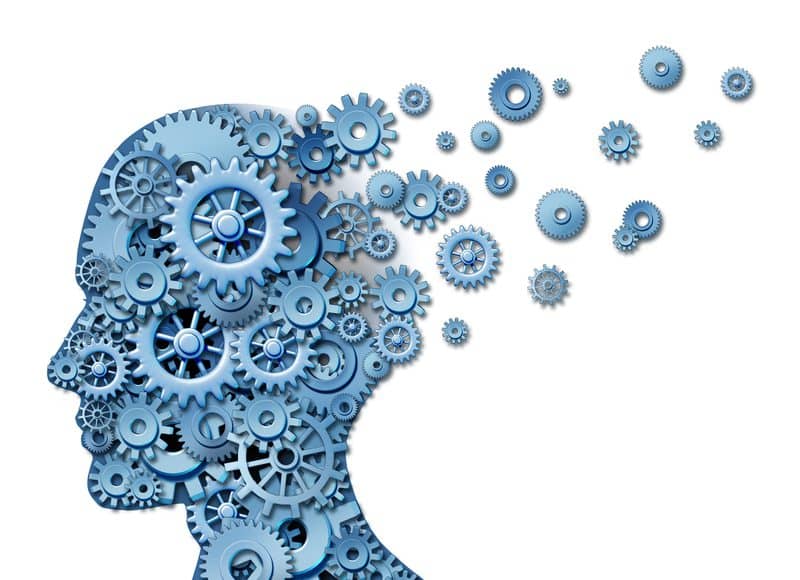Heart health plays a pivotal role in maintaining overall well-being and longevity. Research has shown a strong correlation between poor heart health and premature brain aging, shedding light on the intricate connection between cardiovascular fitness and cognitive function.
Understanding the Mechanisms Behind Brain Aging
Brain aging is a complex process influenced by various factors, including genetics, lifestyle choices, and overall health status. As we age, cognitive decline becomes more prevalent, affecting memory, decision-making abilities, and overall brain function. Poor heart health has emerged as a significant contributing factor to accelerated brain aging, highlighting the importance of cardiovascular care in preserving cognitive vitality.
The Role of Blood Vessels in Brain Health
One of the key mechanisms linking heart health to brain aging is the role of blood vessels in maintaining optimal brain function. The brain relies on a network of blood vessels to deliver oxygen and nutrients essential for neuronal activity. When heart health is compromised, blood flow to the brain may be disrupted, leading to oxidative stress, inflammation, and neuronal damage. This vascular dysfunction contributes to the acceleration of brain aging and cognitive decline.
Impact of Hypertension on Cognitive Function
Hypertension, or high blood pressure, is a common risk factor for both heart disease and cognitive impairment. Research has demonstrated a strong association between uncontrolled hypertension and accelerated brain aging, highlighting the need for effective blood pressure management to preserve cognitive function. Elevated blood pressure can damage blood vessels in the brain, impairing cerebral blood flow and increasing the risk of cognitive decline and neurodegenerative diseases.
Protecting Brain Health Through Heart-Healthy Habits
Adopting heart-healthy habits is crucial for protecting brain health and preventing premature brain aging. Regular physical exercise, a balanced diet rich in antioxidants and omega-3 fatty acids, and stress management techniques can support cardiovascular wellness and optimize brain function. Additionally, managing risk factors such as high cholesterol, diabetes, and obesity can help maintain vascular health and reduce the risk of cognitive decline.
The Importance of Regular Cardiovascular Screenings
Regular cardiovascular screenings are essential for early detection of heart health issues that may impact brain aging. Routine blood pressure monitoring, cholesterol checks, and cardiovascular assessments can help identify risk factors and implement preventive measures to safeguard brain health. By prioritizing cardiovascular care and adopting a proactive approach to heart health, individuals can mitigate the effects of poor heart health on cognitive function and promote healthy brain aging.
Conclusion
Overall, the link between poor heart health and premature brain aging underscores the importance of prioritizing cardiovascular wellness for optimal cognitive function. By understanding the mechanisms behind brain aging, addressing the impact of hypertension on cognitive function, and adopting heart-healthy habits, individuals can protect brain health and mitigate the risk of cognitive decline. Regular cardiovascular screenings and proactive management of heart health play a crucial role in promoting healthy brain aging and preserving cognitive vitality throughout the lifespan.

